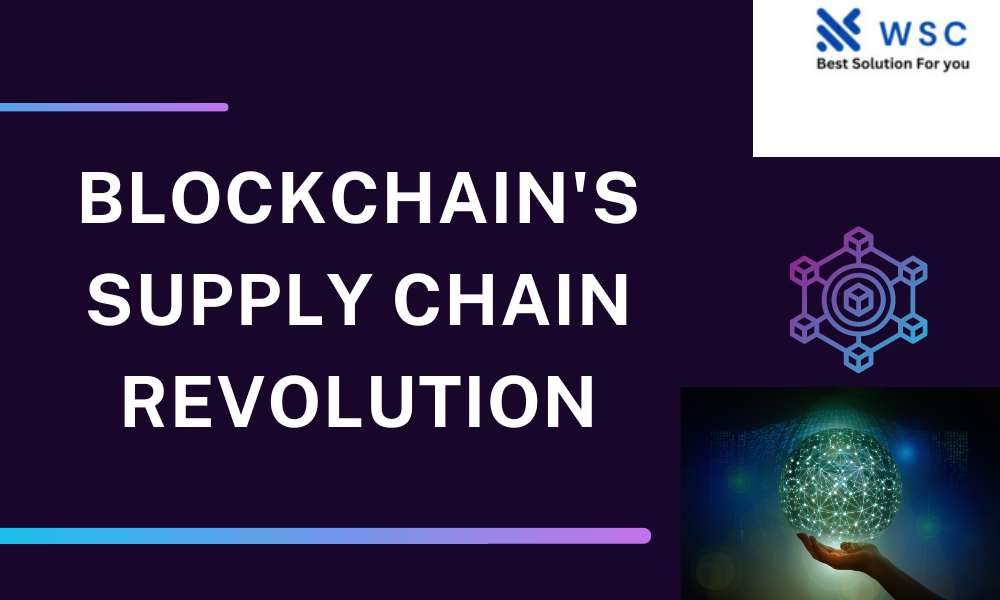The modern supply chain is a complex web of interconnected components, from manufacturers to distributors, retailers, and consumers. It’s essential for businesses to ensure the efficiency, security, and transparency of their supply chains. Over the past few years, blockchain technology has surfaced as a potent instrument for realizing these objectives. In this post, we’ll explore real-life success stories of how blockchain is revolutionizing supply chains and providing traceability and provenance solutions.
What is Blockchain in Supply Chain?
Blockchain is a decentralized ledger that records transactions across multiple computers, ensuring transparency, immutability, and security. When applied to supply chains, it provides a tamper-proof record of every product’s journey from source to destination.
Traceability and Provenance Solutions
One of the key benefits of blockchain in supply chain management is traceability and provenance tracking. Each product’s unique identifier is recorded on the blockchain, allowing consumers and businesses to trace its origin, production methods, and distribution history. This level of transparency builds trust and reduces the risk of counterfeit goods entering the market.
Case Study 1 – Food Industry
Picture having complete knowledge of the origins of your food, blockchain has been used to track the origin of products, including fruits, vegetables, and meat. Walmart, for instance, implemented blockchain to trace the journey of mangoes from farm to store. In case of contamination or foodborne illnesses, pinpointing the source becomes a matter of seconds, not days or weeks.
# Sample Python code for tracking a food product on the blockchain
def track_food_product(product_id):
# Query the blockchain for the product's history
blockchain_data = query_blockchain(product_id)
return blockchain_data
Case Study 2 – Fashion Industry
The fashion industry has also embraced blockchain to combat counterfeit products. Luxury brands like Gucci and Louis Vuitton use blockchain to verify the authenticity of their products. Customers can scan a QR code or use a mobile app to confirm that their purchase is genuine.
# Sample Python code for verifying a fashion product's authenticity
def verify_authenticity(product_id):
blockchain_data = query_blockchain(product_id)
if blockchain_data['authenticity'] == 'genuine':
return True
else:
return False
Conclusion
Blockchain’s impact on supply chain management is undeniable. Its ability to provide transparency, traceability, and security is revolutionizing industries. As we’ve seen in these case studies, it’s not just a theoretical concept; it’s a real-world solution that’s changing the way we track and manage products in the supply chain.
Whether it’s food safety, counterfeit prevention, or simply ensuring that products meet ethical and environmental standards, blockchain technology is proving to be a game-changer in the supply chain revolution. It’s time for businesses across industries to consider integrating blockchain into their operations to stay competitive and secure in the ever-evolving global market.
Check our tools website Word count
Check our tools website check More tutorial




